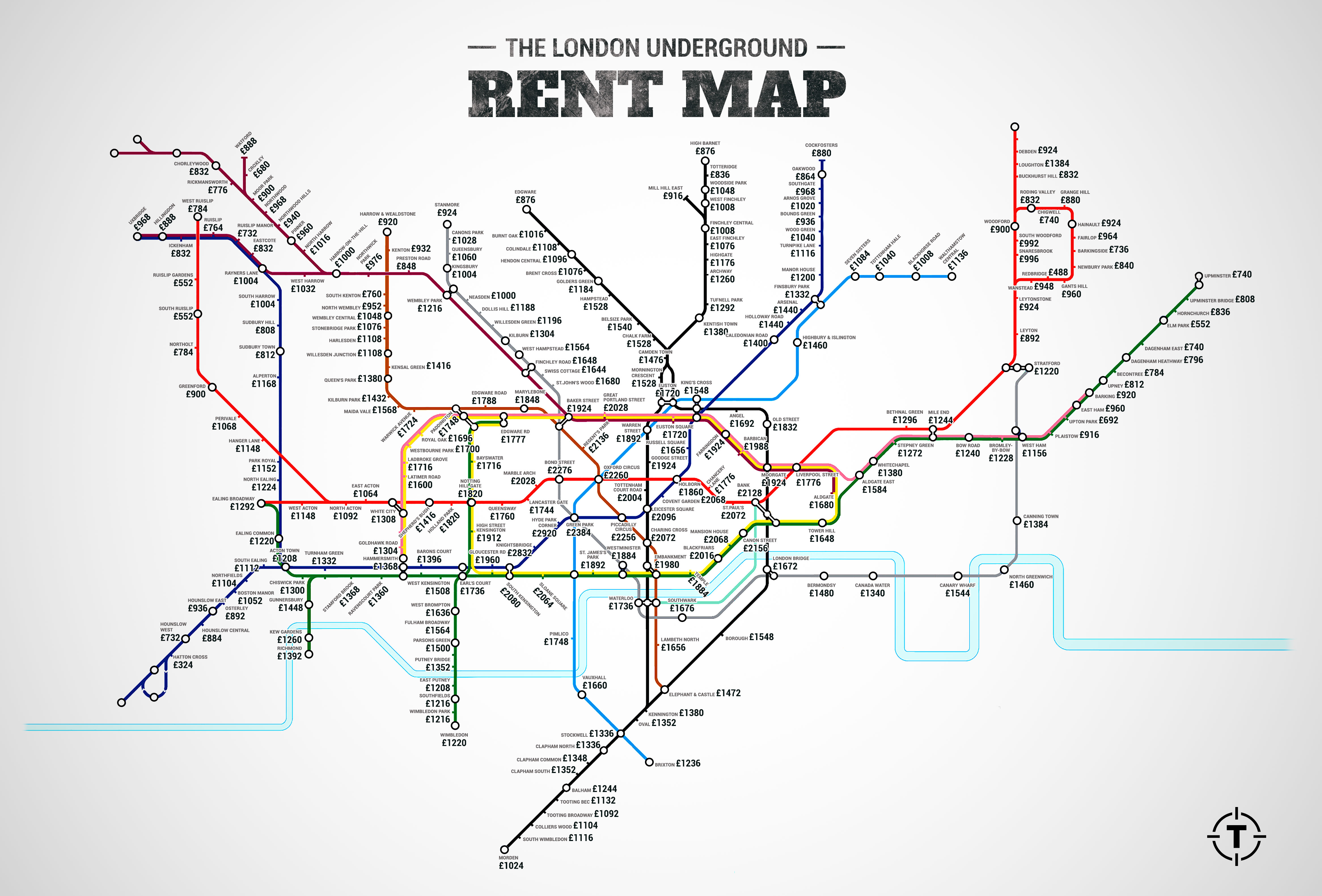Originally written in June 2005
With the death of pope Johannes Paulus II (John Paul II) the Roman Catholic church have lost one of their most important voices in a long time. Not because he was the pope, but because he was Johannes Paulus II, the Pope.
As one of the oldest institutions still functioning on this planet, the Roman Catholic chuch is not standing and falling with one man, but Johannes Paulus II came during his 27-year long pontificate to become closely related to the church as a whole, and with his charisma and affection on people, he became more than just another pope in the long line of ecclestical heads of the church.
When Karel Wojtyla in 1978 was elected the first non-Italian pope in almost 500 years, it was a small revolution already at that point, but the young – in papal terms – pope set out to get a place in history as more than that. As the “travelling pope” he became a diplomat of the grace of god.
The Vatican City State may be the smallest sovereign state in terms of physical territory, but is – when administered correctly – a veritable superpower, and one of a different kind than the others. And – as it would show during Johannes Paulus II’s pontificate – a superpower which could challenge even one of the most rigid political system and in the end win against it. When a Polish pope came home to his native Poland, not even the powerful communist rulers could do much to prevent it. Perhaps ironically, the deeds the late pope will be most remembered and revered of is not so much the religious ones, but the political ones, at least if you count the world as a whole. His funeral was in a way the final evidence that Karel Wojtyla had transcended even the church of which he was the leader. Johannes Paulus II wasn’t revered by everyone for his conservative stance as the leader of the Roman Catholic church, but as a political statesman few could argue his greatness, no matter their religious affiliation.
The election of Joseph cardinal Ratzinger to the papacy as Benedictus XVI is the election of another kind of man. After the charismatic, deeply popular and personal Johannes Paulus II the conclave have gone for what seems to be a more academic, and certainly less charismatic person to follow in his footsteps. Which maybe is just as well, since most likely no one would be able to measure up against the Polish pope who most likely will be remembered as a great spiritual leader, but also as a great statesman by people far beyond the natural realms of the Roman Catholic church.








